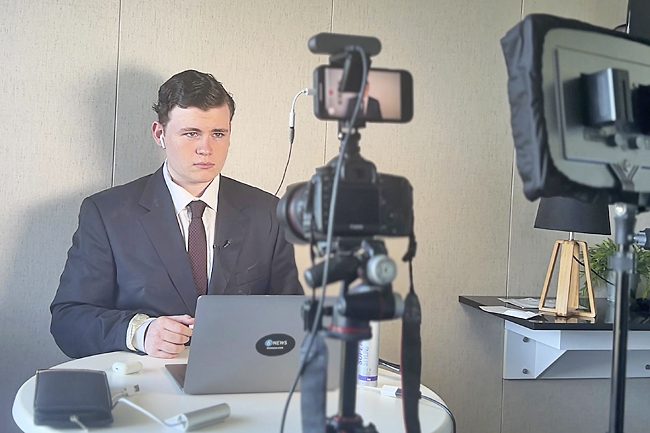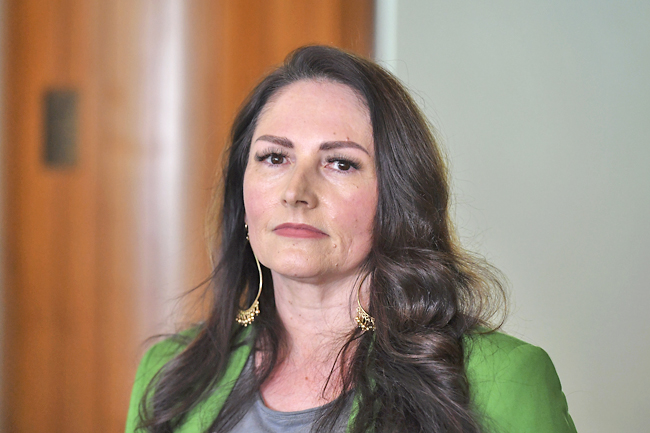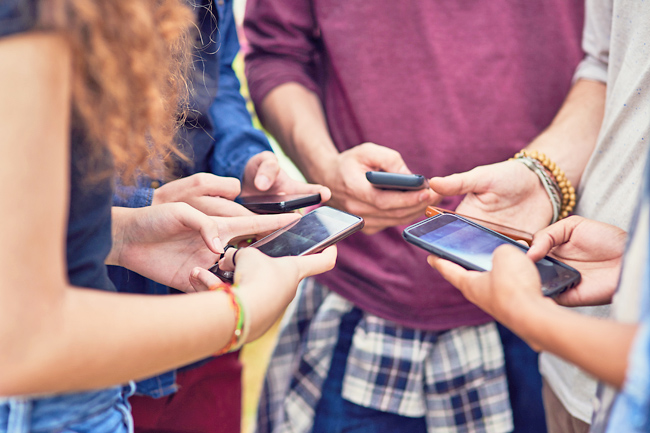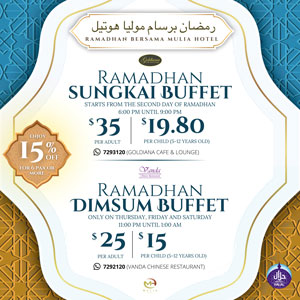MELBOURNE (AP) – How do you protect children from the harms of social media? Politically, the answer appears simple in Australia, as legislation tackling the problem moves quickly through the Parliament. Practically, however, the solution could be far more difficult.
The Australian government’s plan to ban children from social media platforms including X, TikTok, Facebook and Instagram until their 16th birthdays is politically popular. The opposition party says it would have done the same after winning elections due within months if the government hadn’t moved first.
The leaders of all eight Australian states and mainland territories have unanimously backed the plan, although Tasmania, the smallest state, would have preferred the threshold was set at 14.
But a vocal assortment of experts in the fields of technology and child welfare have responded with alarm. More than 140 such experts signed an open letter to Prime Minister Anthony Albanese condemning the 16-year age limit as “too blunt an instrument to address risks effectively”.
Australia’s House of Representatives passed a bill that would ban children younger than 16 years old from social media. That leaves it up to the Senate to finalise the world-first law.
There’s widespread backing for the law that would make platforms including TikTok, Facebook, Snapchat, Reddit, X and Instagram liable for fines of up to AUD50 million (USD33 million) for systemic failures to prevent young children from holding accounts.
Here’s a look at how some Australians are viewing the issue.
THE CONCERNED TEEN
Leo Puglisi, a 17-year-old Melbourne student who founded online streaming service 6 News Australia at the age of 11, worries that lawmakers imposing the ban don’t understand social media as well as young people at home in the digital age.
“With respect to the government and prime minister, they didn’t grow up in the social media age, they’re not growing up in the social media age, and what a lot of people are failing to understand here is that, like it or not, social media is a part of people’s daily lives,” Leo said.
“It’s part of their communities, it’s part of work, it’s part of entertainment, it’s where they watch content – young people aren’t listening to the radio or reading newspapers or watching free-to-air TV – and so it can’t be ignored. The reality is this ban, if implemented, is just kicking the can down the road for when a young person goes on social media,” Leo added.
Leo has been applauded for his work online. He was a finalist in his home state Victoria’s nomination for the Young Australian of the Year award, which will be announced in January.
His nomination bid credits his platform with “fostering a new generation of informed, critical thinkers”.
THE GRIEVING MOM-TURNED-ACTIVIST
One of the proposal’s supporters, cyber safety campaigner Sonya Ryan, knows personally how dangerous social media can be for children.
Her 15-year-old daughter Carly Ryan was murdered in 2007 in South Australia state by a 50-year-old pedophile who pretended to be a teenager online. In a grim milestone of the digital age, Carly was the first person in Australia to be killed by an online predator.
“Kids are being exposed to harmful pornography, they’re being fed misinformation, there are body image issues, there’s sextortion, online predators, bullying. There are so many different harms for them to try and manage and kids just don’t have the skills or the life experience to be able to manage those well,” Sonya Ryan said.
“The result of that is we’re losing our kids. Not only what happened to Carly, predatory behaviour, but also we’re seeing an alarming rise in suicide of young people,” she added.









